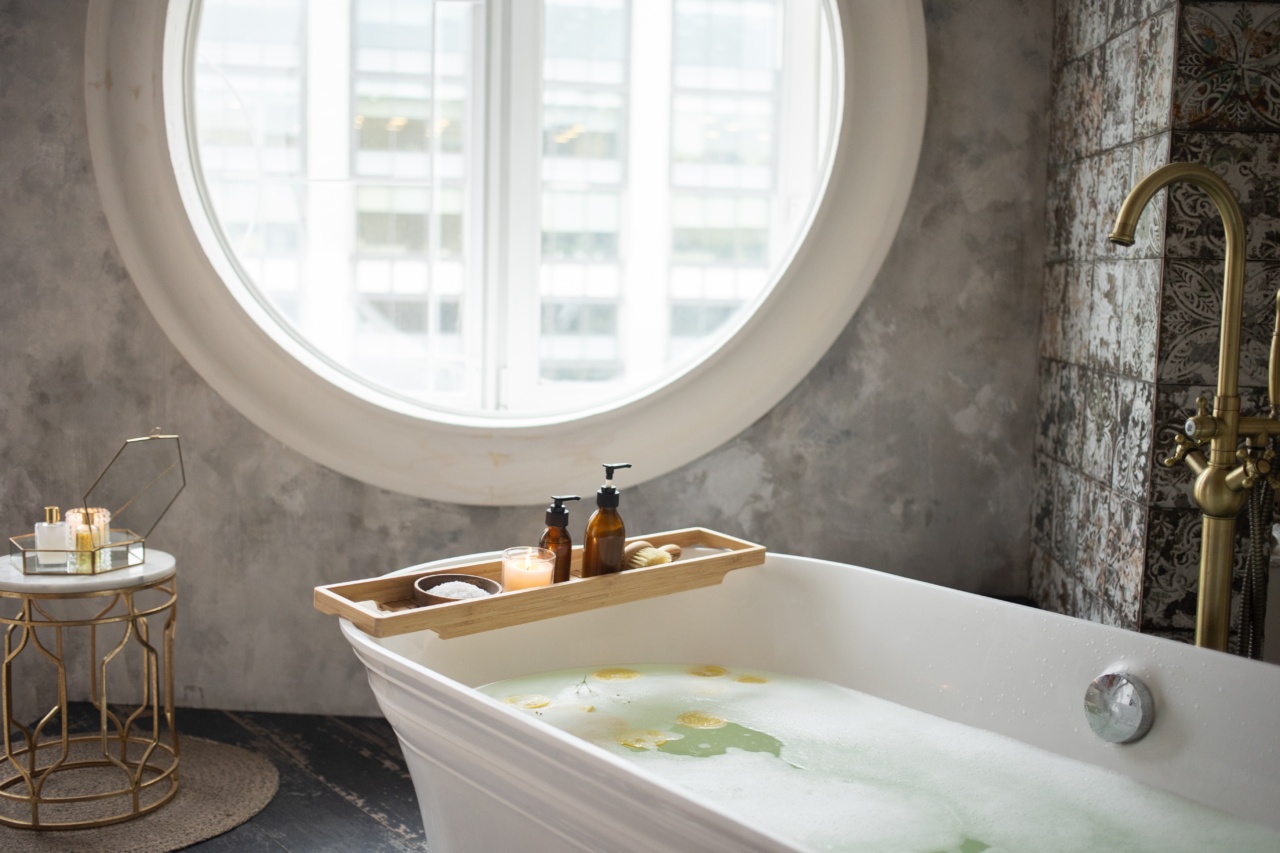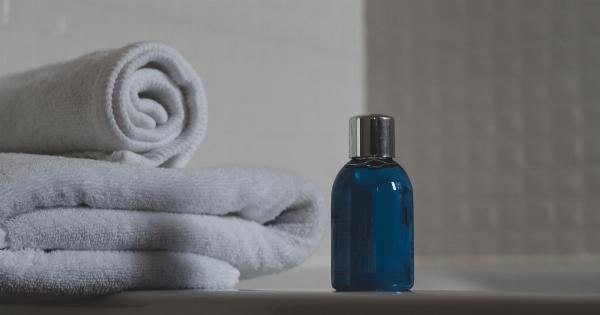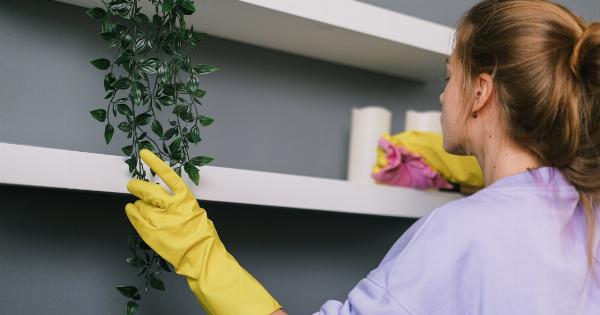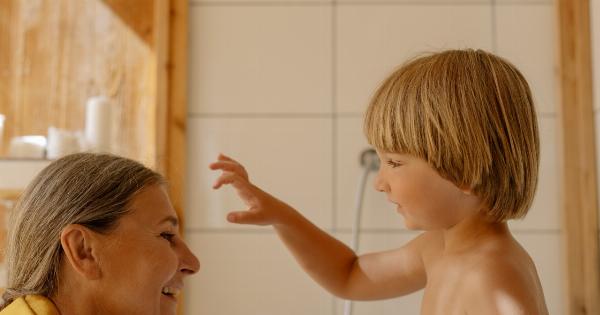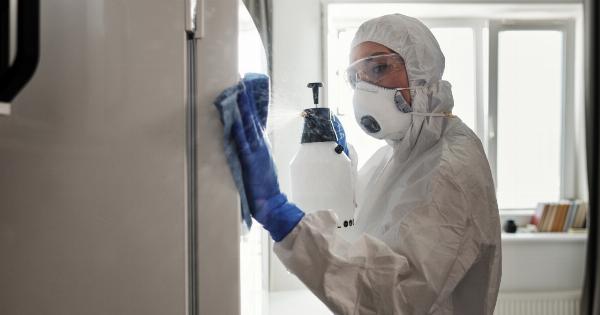Personal hygiene is an essential aspect of our daily lives. It involves practices that help us keep our bodies clean and healthy.
However, despite our best efforts, many of us still fall prey to certain personal hygiene myths that have been passed down from generation to generation. In this article, we will debunk three common personal hygiene myths so you can stay informed and make better hygiene choices.
Myth: Antibacterial soap is better than regular soap
Antibacterial soap has become a popular choice for many people who believe that it is more effective at killing germs than regular soap.
However, studies have shown that there is no significant difference in the effectiveness of antibacterial soap compared to regular soap. In fact, the overuse of antibacterial soaps can lead to antibiotic resistance, which is a major public health concern.
Regular soap is more than enough to clean your hands and body. It works by breaking down the oils and dirt on your skin, allowing them to be washed away with water.
Additionally, regular soap does not contain harmful chemicals that may cause skin irritation or other health problems.
Myth: Brushing your teeth more often is better
As children, we are told to brush our teeth twice a day to maintain good oral hygiene. However, some people believe that brushing their teeth more often will result in cleaner teeth and fresher breath. This is simply not true.
Overbrushing can damage your tooth enamel, which is the outer layer that protects your teeth from decay.
The American Dental Association recommends brushing your teeth twice a day for two minutes each time. Additionally, you should use a soft-bristled brush and fluoride toothpaste to protect your teeth from decay.
Flossing once a day is also important to remove the bacteria and food particles that your toothbrush cannot reach.
Myth: It is safe to share personal hygiene items
Sharing personal hygiene items like razors, toothbrushes, and towels is a common practice among family members and friends. However, these items can be a breeding ground for bacteria and viruses that can cause infections and diseases.
Razors can easily transmit bloodborne diseases like hepatitis B and C, while toothbrushes can harbor germs that cause colds and flu. Towels can also spread fungal infections like athlete’s foot and ringworm.
It is best to avoid sharing personal hygiene items to reduce the risk of infection.
Conclusion
Personal hygiene is an important aspect of our daily lives, and it is essential for maintaining good health. However, it is important to be aware of the personal hygiene myths that exist so we can make informed decisions about our hygiene practices.
Remember that regular soap is just as effective as antibacterial soap, overbrushing can damage your tooth enamel, and it is not safe to share personal hygiene items.
